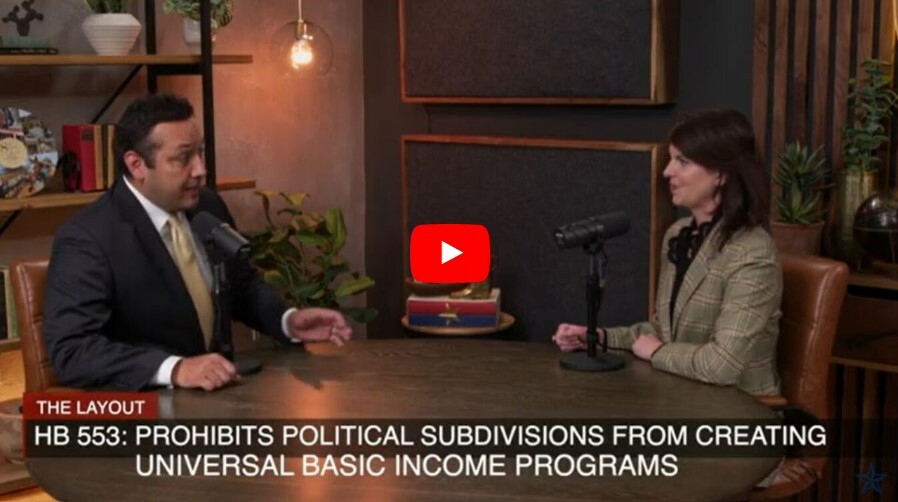More and more, Texas’ left-leaning local governments are embracing universal basic income (UBI) programs and guaranteed basic income pilot projects. In turn, these welfare state expansions are raising serious legal and policy questions related to the Constitution, economics, and the rule of law.
Despite these concerns, a growing number of major cities and counties are moving full steam ahead to establish these new handouts, irrespective of the cost or consequences. In fact, the proliferation of these programs recently took center stage in a Dallas Morning News article wherein the authors observe:
“Dallas has had a UBI program since 2001, paying 500 people $250 a month. San Antonio started a $400-a-quarter program in 2020, while Austin launched a $1,000-a-month program in 2022. Houston’s Harris County was scheduled to provide $500 a month beginning January 8, only to delay its program until mid-2025 just days before its start date.”
Needless to say, giving some people other people’s money for no good reason is deeply antagonistic to Texas’ low tax, limited government model. So much so that, in addition to any legal considerations, the next Texas Legislature should make it a priority to expressly preempt the authority of any political subdivision to offer unconditional cash grants to a select few or even all. There is simply no policy justification today for this type of government giveaway.
If future policymakers want a head start on developing legislation of this nature, then they need look no further than last session’s House Bill 553, relating to the authority of a political subdivision to provide for a universal basic income. There’s even a short, listener-friendly explanation of the bill and why it’s needed.
